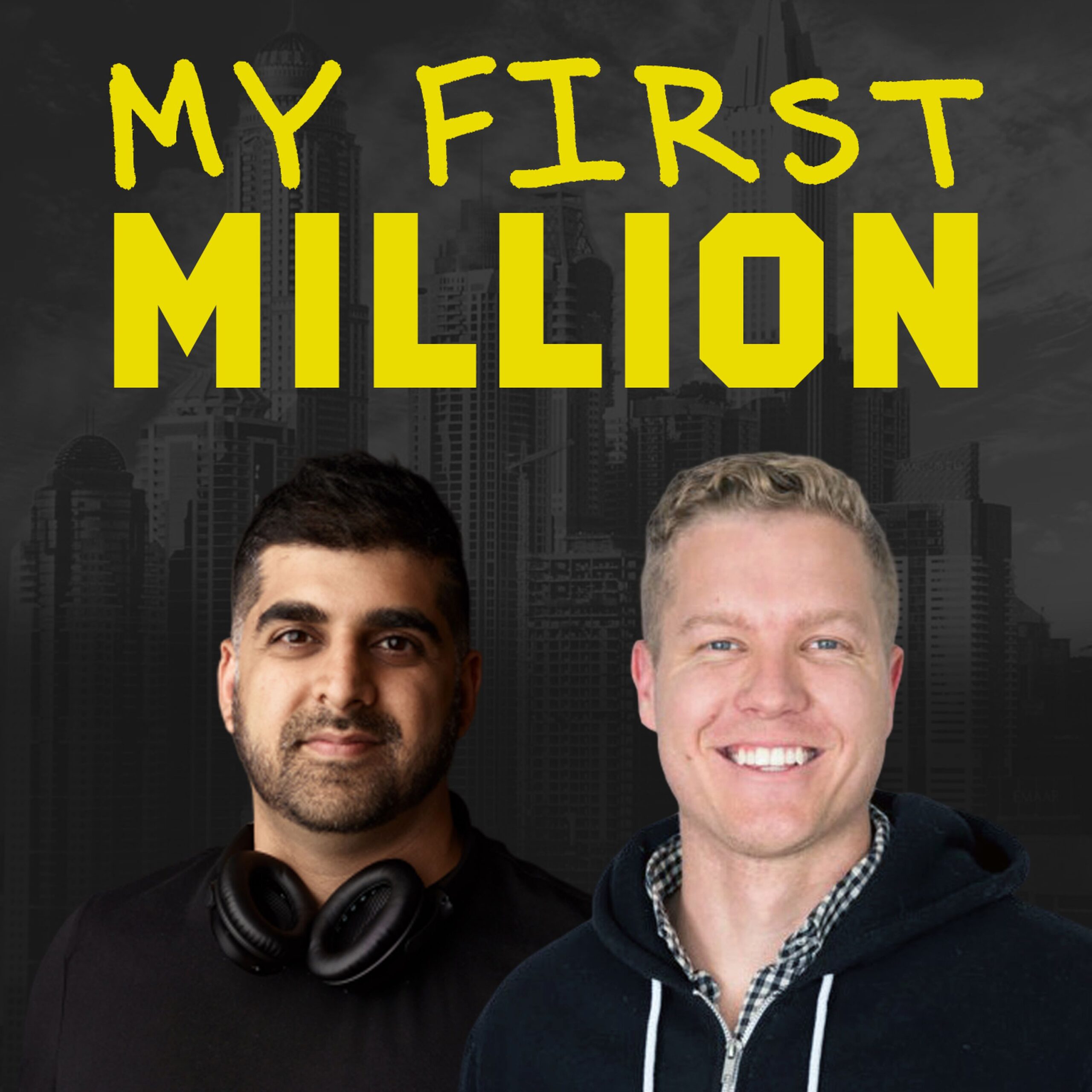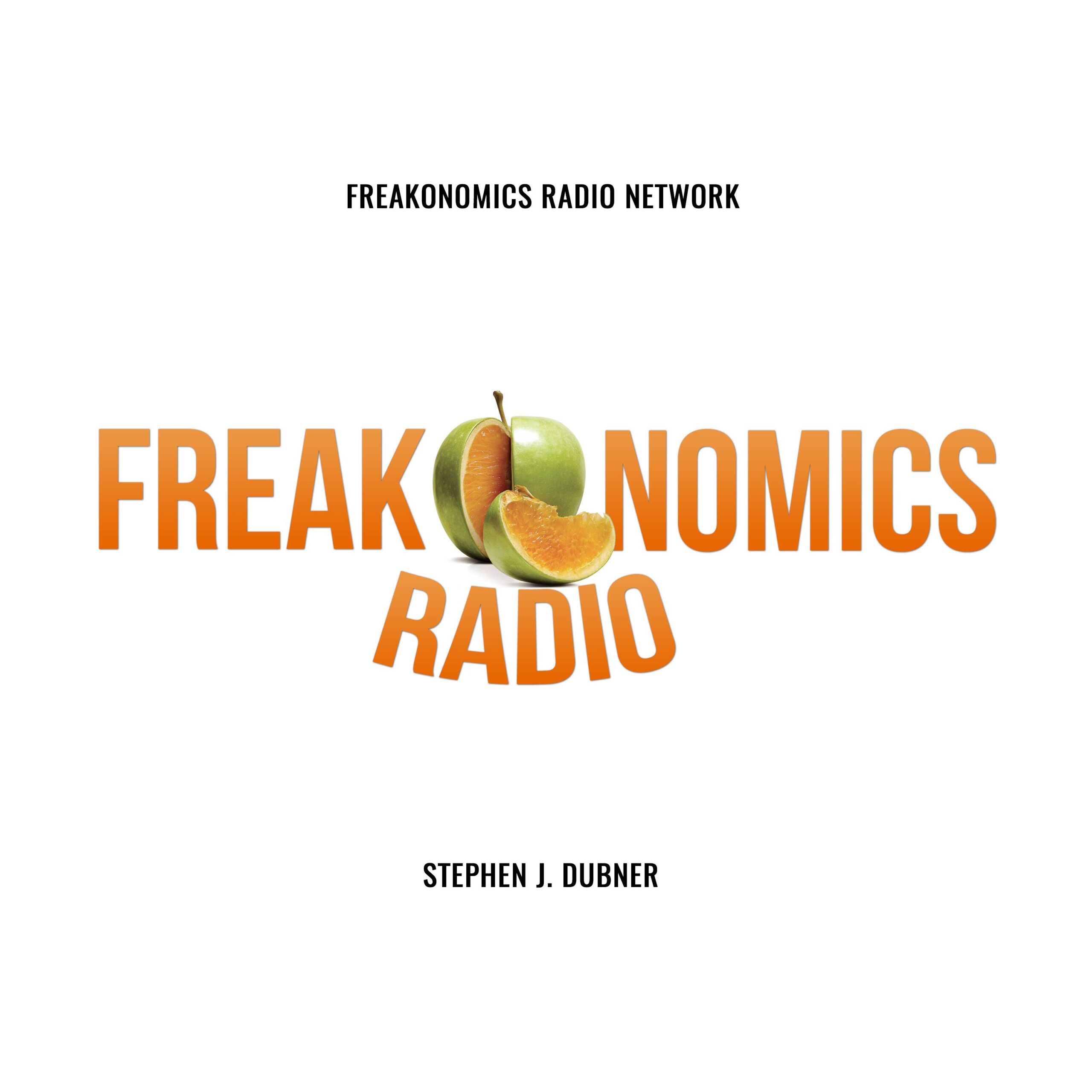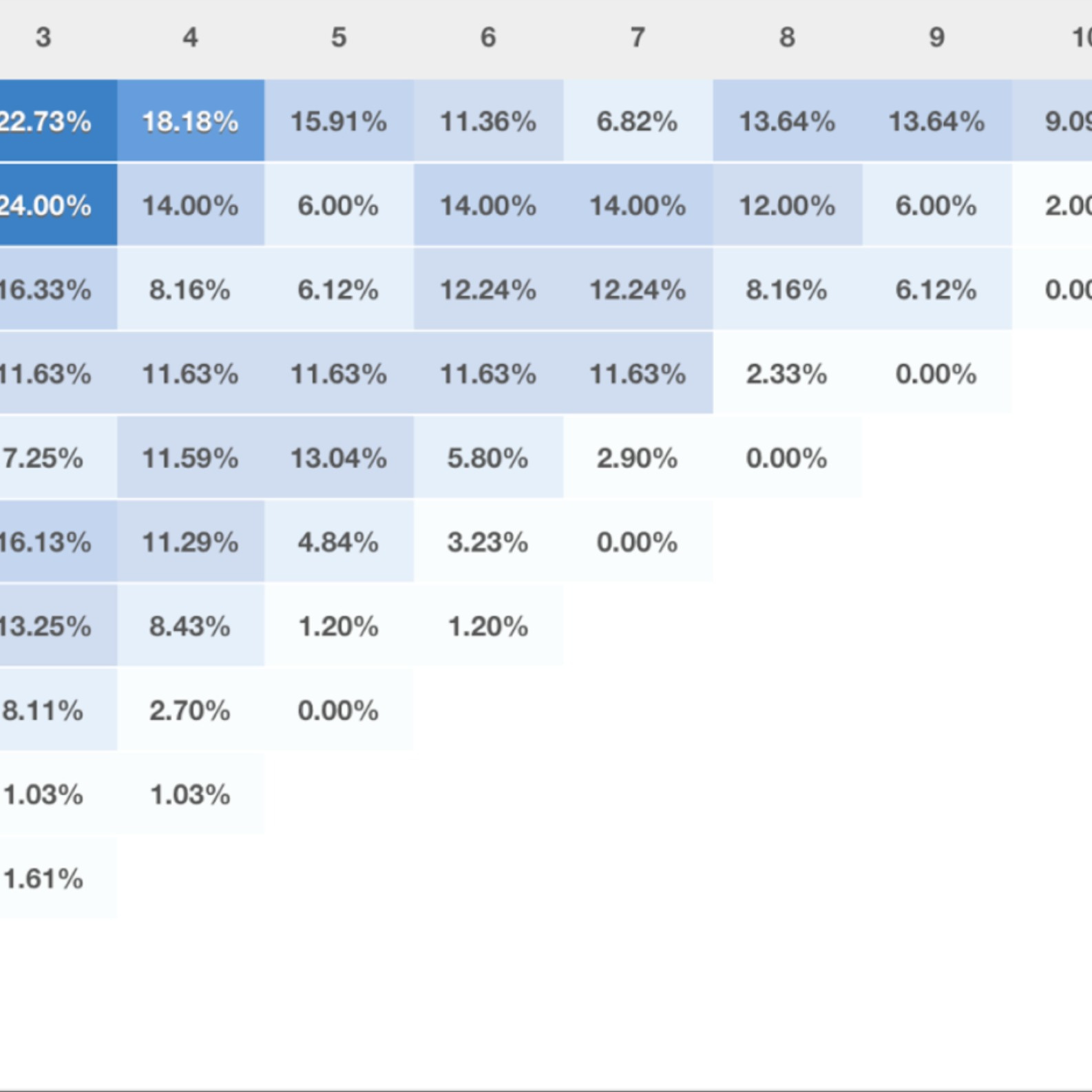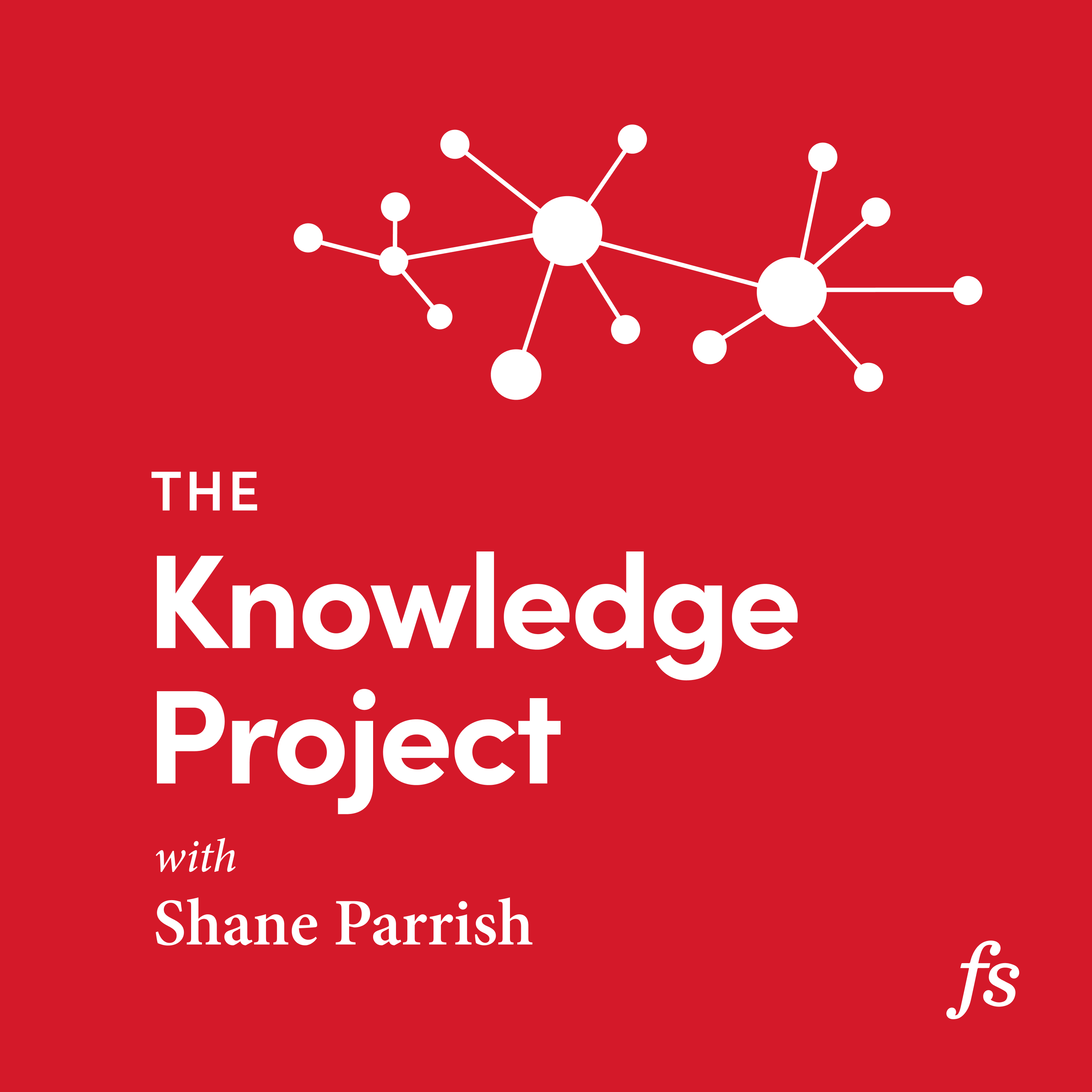#47 – Robot Lawyers, Pay to Lose Weight & Prudent vs. Wild Card Managers
Sam (@thesamparr) and Shaan (@shaanvp) are back talking news, trends, interesting products and businesses. We’ve partnered once again with the online business broker Quiet Light Brokerage, they want to give you guys a FREE 25-point checklist to see how sellable your online business is. To receive this free guide, visit quietlightbrokerage.com/myfirstmillion. Topics for today: Paying … Read more






